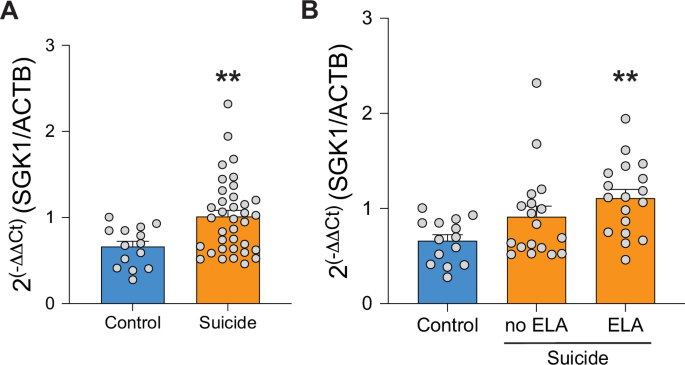In the late 1990s, the British supermarket chain Sainsbury’s entered Egypt with the conviction that a vast, underdeveloped market could be brought into the modern retail age. Egypt, the most populous country in the Eastern Mediterranean and by far the largest grocery market in the Middle East, remained largely untouched by the institutional forms of modern consumer capitalism. Food distribution was dominated by small, family-run shops and neighborhood vendors, whose operations depended on personal familiarity and opaque pricing. Sainsbury’s investment thus represented more than a commercial expansion: it was an attempt to transplant an entire economic culture—standardized quality, transparent pricing, cold storage, and the discipline of logistics—into a grocery market still governed by informal exchange and social trust.
At the time, the Mubarak regime actively promoted such ventures as emblems of national modernization. The late 1990s were the high tide of Egypt’s globalization phase: Western multinationals were invited to participate in a managed transition from a state-dominated economy to a liberalized, consumer-oriented order. To policymakers, Sainsbury’s presence promised to demonstrate Egypt’s readiness to integrate into the global marketplace. To its executives, the Egyptian market offered a rare frontier—large, urban, and underpenetrated—where the introduction of modern retail could, in theory, leapfrog decades of gradual development. The company’s slogan for its Egyptian venture, promising “the way to shop in the future,” captured both the optimism and the naivete of that moment. Only two years later, facing intense rumors of being a “Jewish” store leading to rioting and looting, some of which I sadly participated in as a child, Sainsbury’s withdrew from the Egyptian market altogether at a staggering loss. This is the story of how it happened.
.png)





